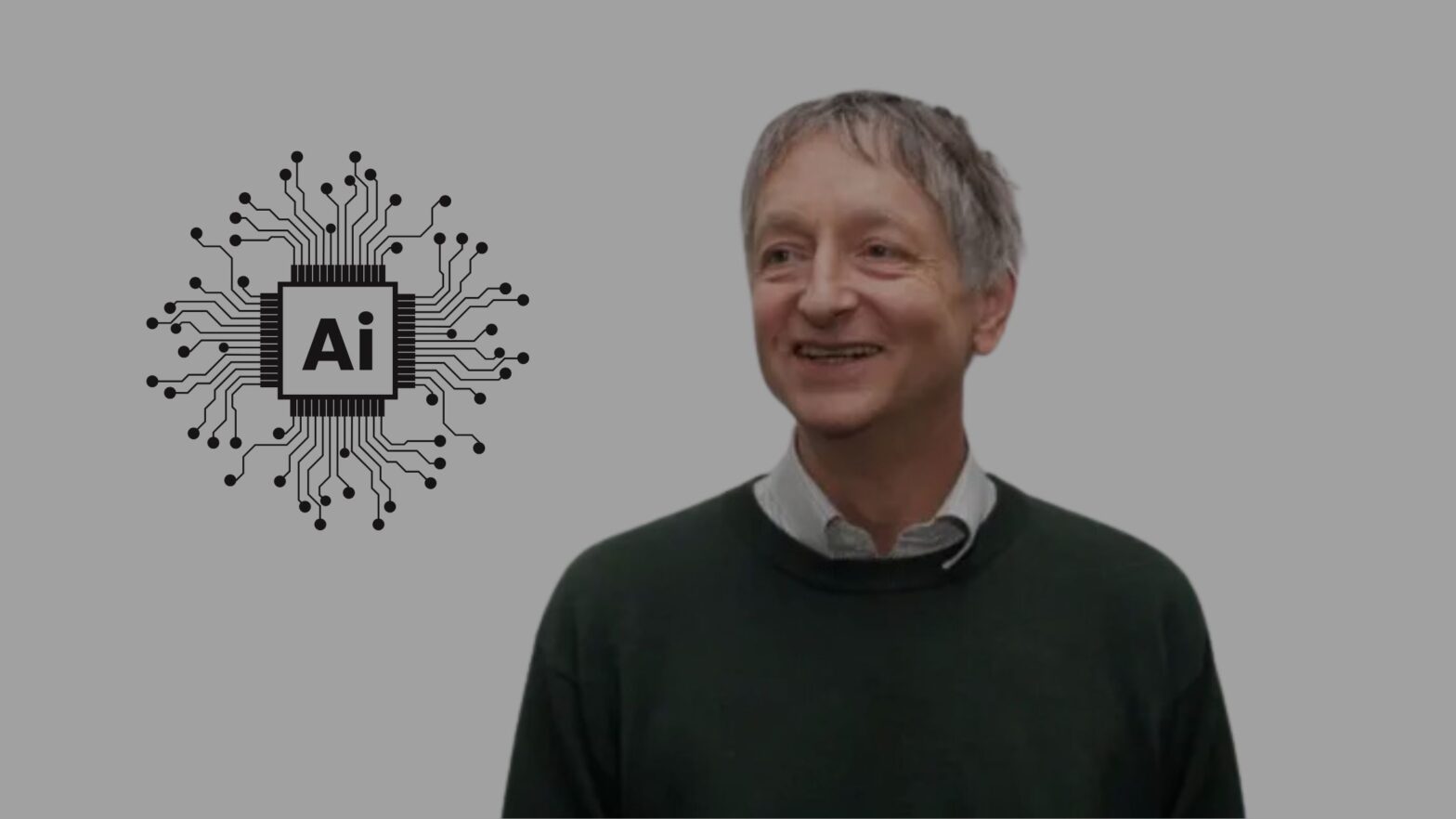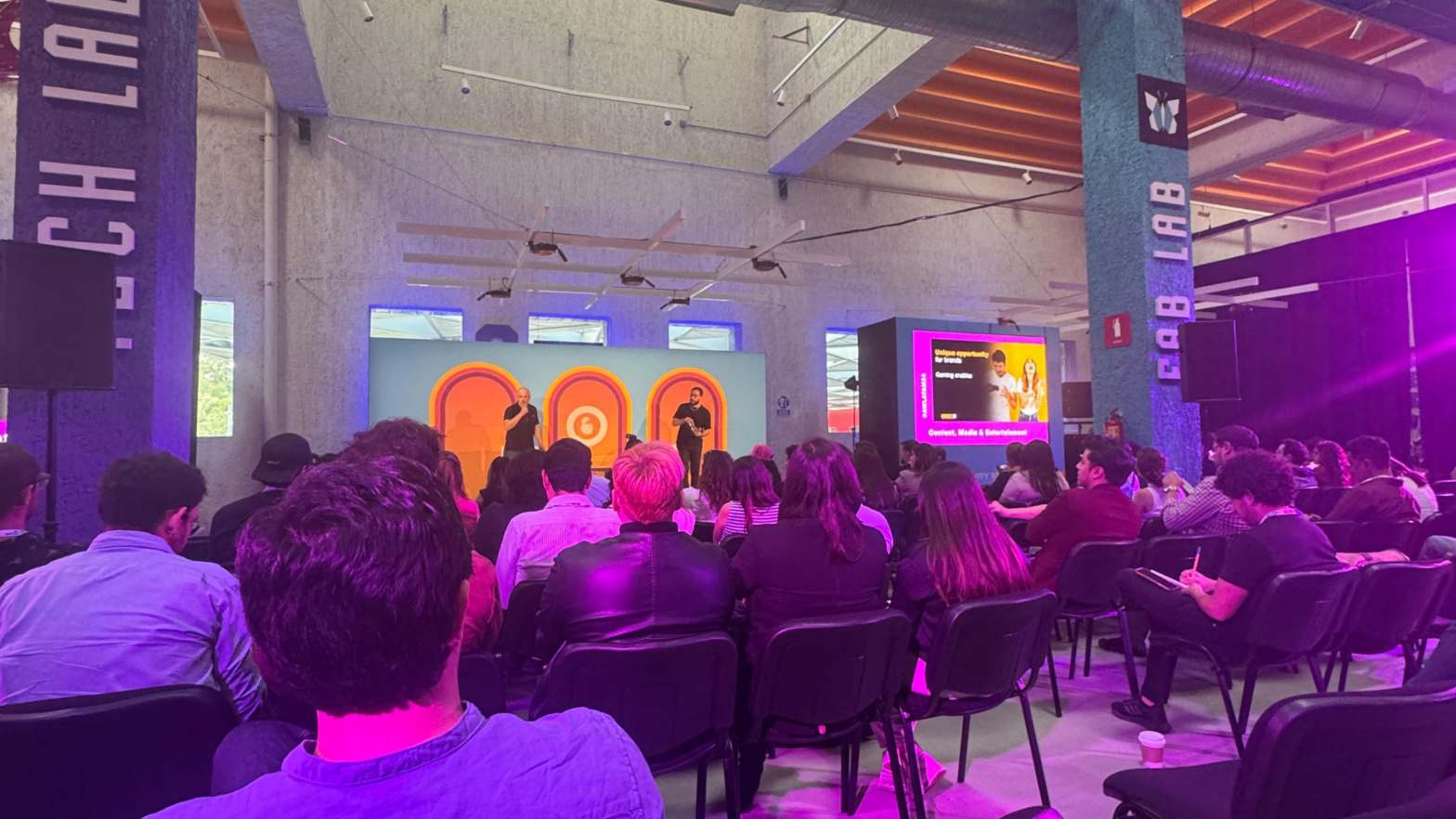Geoffrey Hinton’s concern: the uncertain future of artificial intelligence
October 28, 2024

In recent years, artificial intelligence (AI) has advanced by leaps and bounds, transforming industries and changing the way we live and work. However, some pioneers in the field have expressed concern about the long-term impact of these technologies. Geoffrey Hinton, considered one of the “fathers” of AI, is one of these critical voices.
A Nobel laureate with a critical vision
In 2018, Hinton received the Turing Award, the equivalent of a Nobel Prize in the field of computer science, for his fundamental contributions to the development of deep neural networks, a key technology behind AI advances. However, despite his success, Hinton has shown growing pessimism about the future of AI.
For years, Hinton has warned about the inherent risks in developing advanced artificial intelligence systems. For him, AI could represent an existential threat if not properly regulated. In a recent interview, Hinton shared that while his research has significantly contributed to the progress of AI, he is also concerned that the same technology could be used in unforeseen, even dangerous ways.
A technology out of control?
Hinton points out that the pace at which these technologies are being developed is outstripping the ability of governments and regulatory bodies to control them. According to the expert, in the past, the ability of AI to surpass human skills in certain fields was underestimated. Now, with increasingly powerful tools like machine learning systems, there is the possibility that machines will make autonomous decisions that could escape human control.
Despite the promises of innovation and improvements in areas such as medicine, education, and security, Hinton raises important questions: Are we prepared for the collateral effects these technologies could have? What happens if AIs begin to develop goals that do not align with human interests?
The ethical and political debate
Hinton’s fear is not isolated. Increasingly, technology and ethics experts are raising their voices, calling for stricter regulations and the establishment of clear boundaries in AI development. While many technology advocates insist that AI will bring significant improvements to society, they also recognize that the potential for abuse is large.
In fact, AI has already been used in controversial contexts, such as the creation of autonomous weapons and mass surveillance. Regulators are still struggling to find the balance between fostering technological innovation and protecting human rights.
A call for responsibility
Geoffrey Hinton’s stance serves as a reminder that technological advancements must be accompanied by a strong sense of responsibility. While AI has the potential to improve the lives of millions of people, it also poses unprecedented challenges that need to be addressed before it’s too late.
Ultimately, the debate over AI is not just technical but deeply ethical and political. Developers, companies, and governments must work together to ensure that emerging technologies benefit humanity as a whole, without jeopardizing its future.




